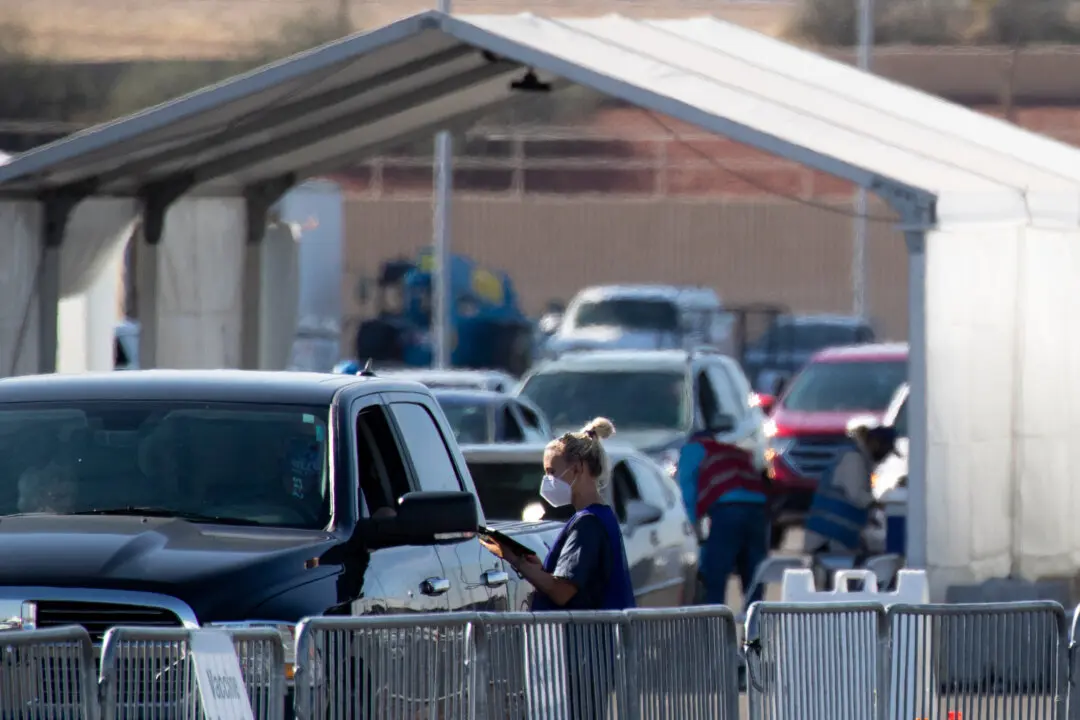A business conference in Singapore that has been linked to a dozen cases of the new coronavirus is not a “super spreading event” based on the information available now, a World Health Organization (WHO) official said on Monday.
Five British nationals in France, one Briton in the United Kingdom, three people in Singapore, one South Korean, and one Malaysian contracted the coronavirus at the business conference, which took place at the Grand Hyatt Hotel in January and counted more than 90 foreigners among the attendees.





